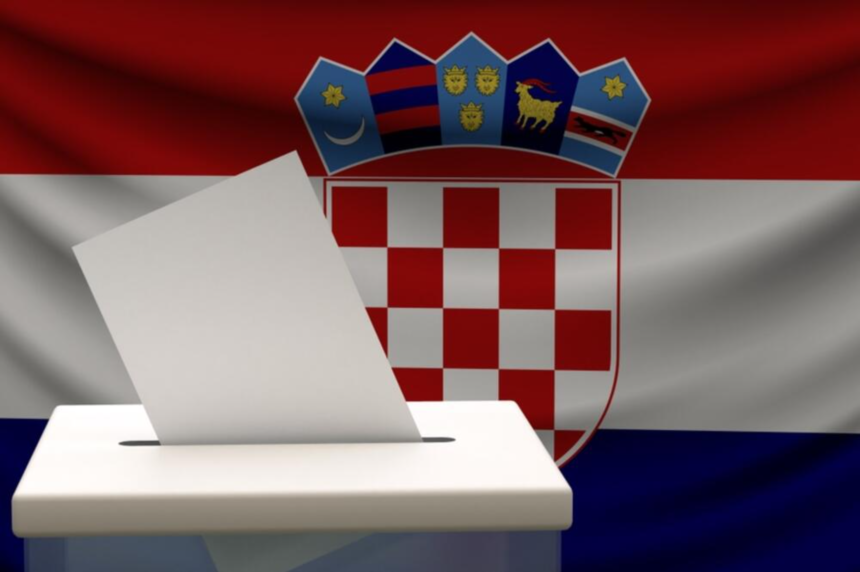Since 2000, no candidate from the ruling political party has ever won the Croatian presidential election. This unwritten rule is likely to hold for the eighth presidential election since Croatia’s independence. Many citizens view Zoran Milanović as the only real challenger to Prime Minister Andrej Plenković and the Croatian Democratic Union (HDZ), reports DW.
The “super election year” in Croatia will conclude on Sunday, December 29, 2024, with the first round of the presidential election. The campaign has been relatively short and occasionally intense, raising topics such as Serbia’s EU accession and the position of Croats in Bosnia and Herzegovina.
Current Standings and Polls
Incumbent President Zoran Milanović, running for the Social Democratic Party (SDP), leads with 39.3% support. He is followed by Dragan Primorac from the HDZ, who holds 24.3%. Independent candidate Marija Selak Raspudić is third with 10%, and Ivana Kekin from the “Možemo!” movement has 8.1%. Other candidates, such as Miro Bulj (Most) and Branka Lozo (DOMiNO), have significantly less support, with 3.6% and 2.2%, respectively.
Campaign and Key Issues
The campaign has been marked by discussions about internal policies, such as corruption, healthcare, and the judiciary. These are areas where the president has an opinion but cannot make decisions, as the president’s powers are more focused on the military, security services, and foreign policy.
Relations with Serbia and EU Membership
One notable topic was Serbia’s potential EU accession. Milanović suggested that Serbia could join if they cooperate on resolving issues like missing persons and war reparations. In contrast, Primorac outlined clear conditions, including the opening of JNA archives and investigations into the Vukovar hospital, where Croatian victims are believed to be buried.
Milanović has expressed strong support for Kosovo’s international recognition, calling on EU member states to fully recognize the country. However, Kosovo was not a major topic in the televised debate.
Croats in Bosnia and Herzegovina
Another central issue in the campaign has been the position of Croats in Bosnia and Herzegovina. Milanović and other candidates criticized the perceived unequal status of Croats as one of the constitutive nations. They also discussed the controversial law on connecting gas networks between Croatia and Bosnia and Herzegovina, which Milanović condemned for being passed without the votes of legitimate Croatian representatives.
Predictions and Voter Mobilization
As for the outcome, Milanović’s lead seems secure, with analysts predicting he will win the second round, likely against Primorac. The HDZ is expected to mobilize its supporters for Primorac, but polling suggests this will only be enough to secure a place in the second round. In the second round, Milanović is the favorite to win.







